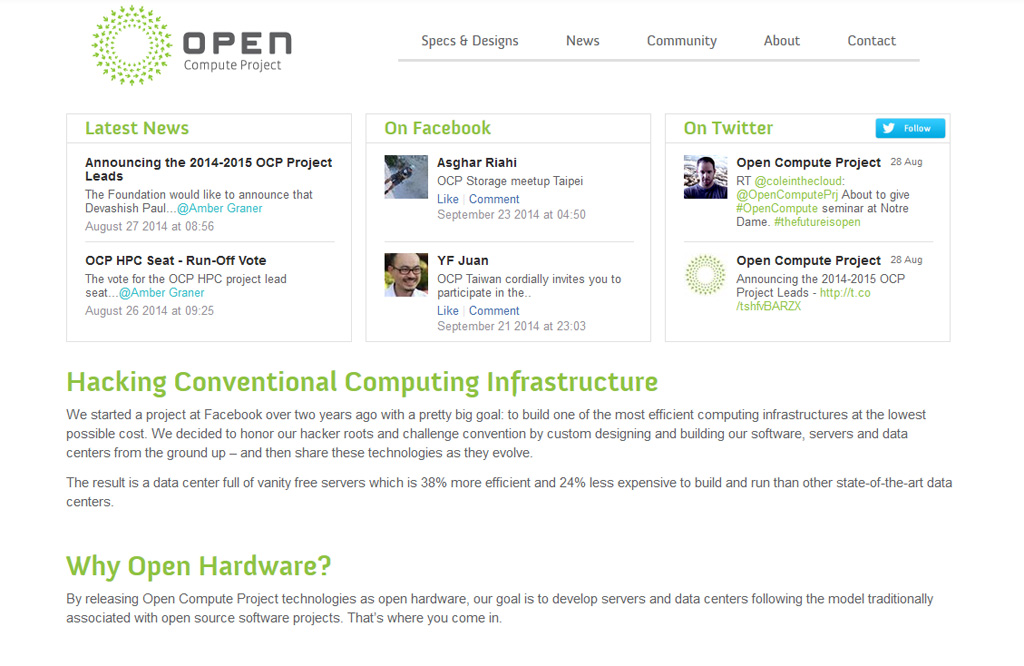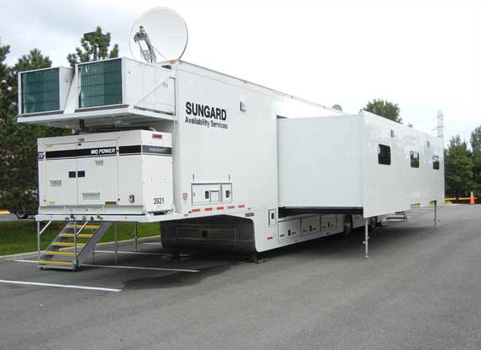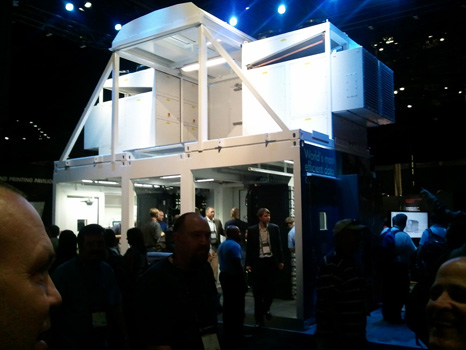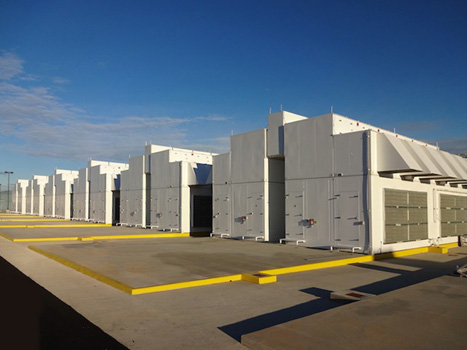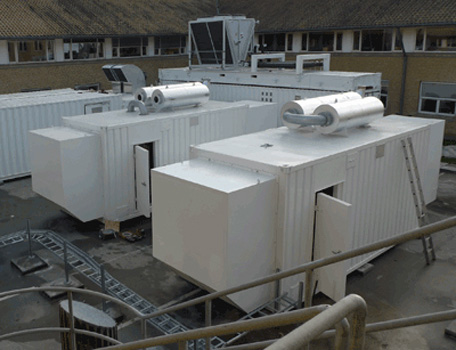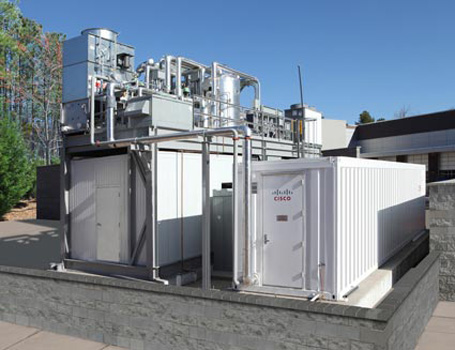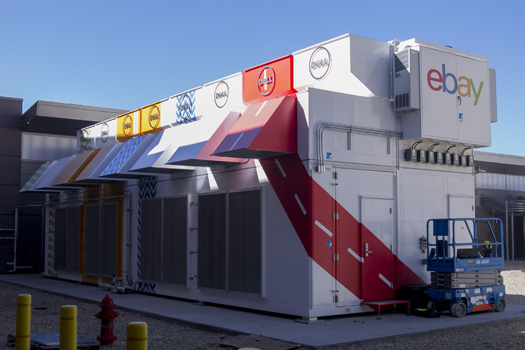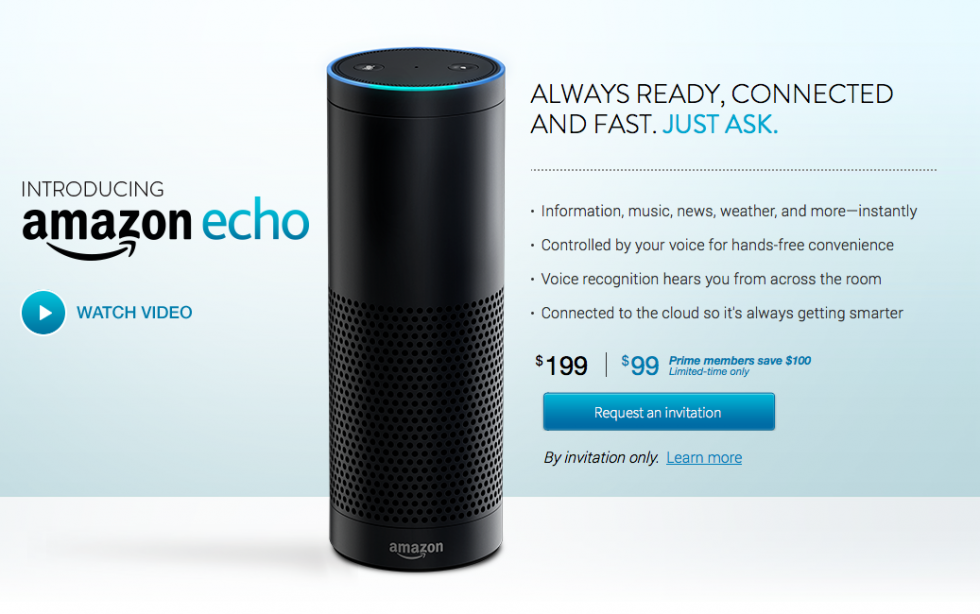
Echo is a connected object for your home which is activated by voice recognition. It’s a loud-speaker connected to the “cloud” via Wifi, so it’s main use seems to be streaming music. It’s apparently able to understand and answer queries said in “natural language”, like “Play some Henry Mancini” (activates your Amazon Music Library, Prime Music, TuneIn or IHeartRadio account). Of course, it’s main features are shopping-oriented but a few aren’t: you can ask for information about say, Ronald Reagan and it taps into Wikipedia and reads the page, it’s linked to weather prediction pools so you can ask about tomorrow and you can manage personal to-do lists. Unsurprisingly, “Echo’s brain is in the cloud, running on Amazon Web Services so it continually learns and adds more functionality over time”. The object’s also got a dedicated control app, which runs on Fire OS, Amazon’s new smartphone Operating System.
